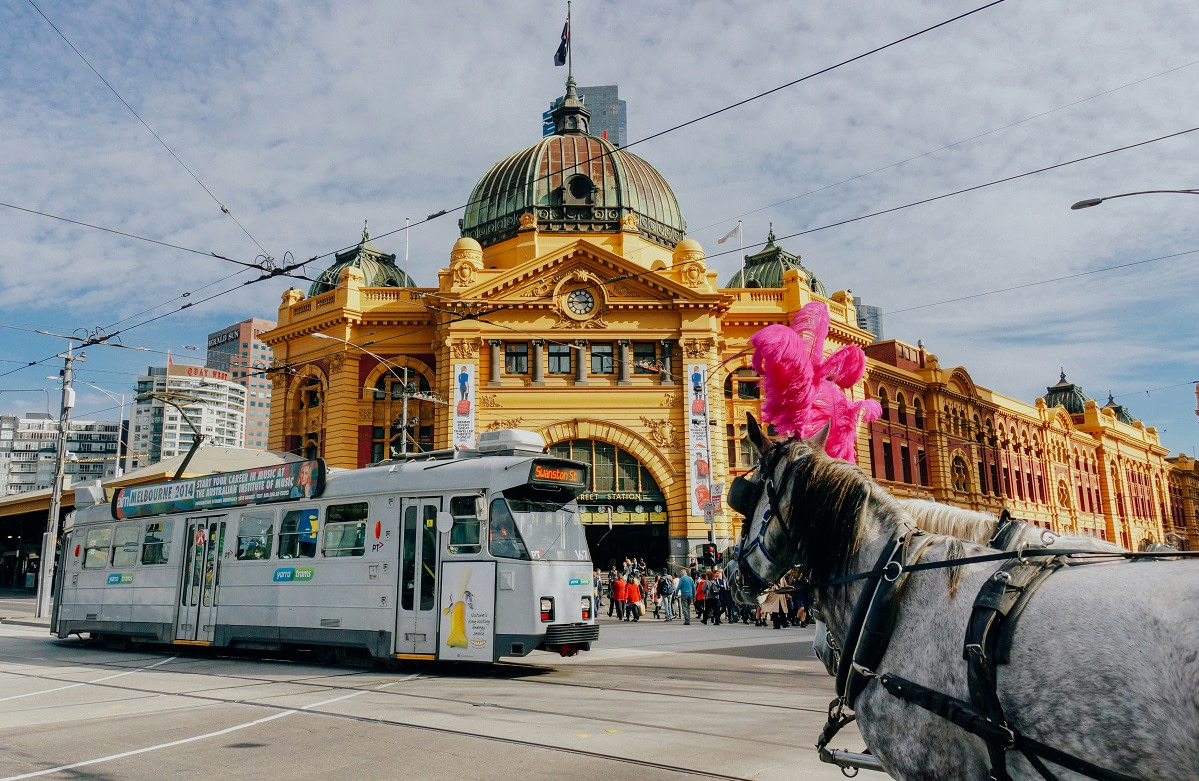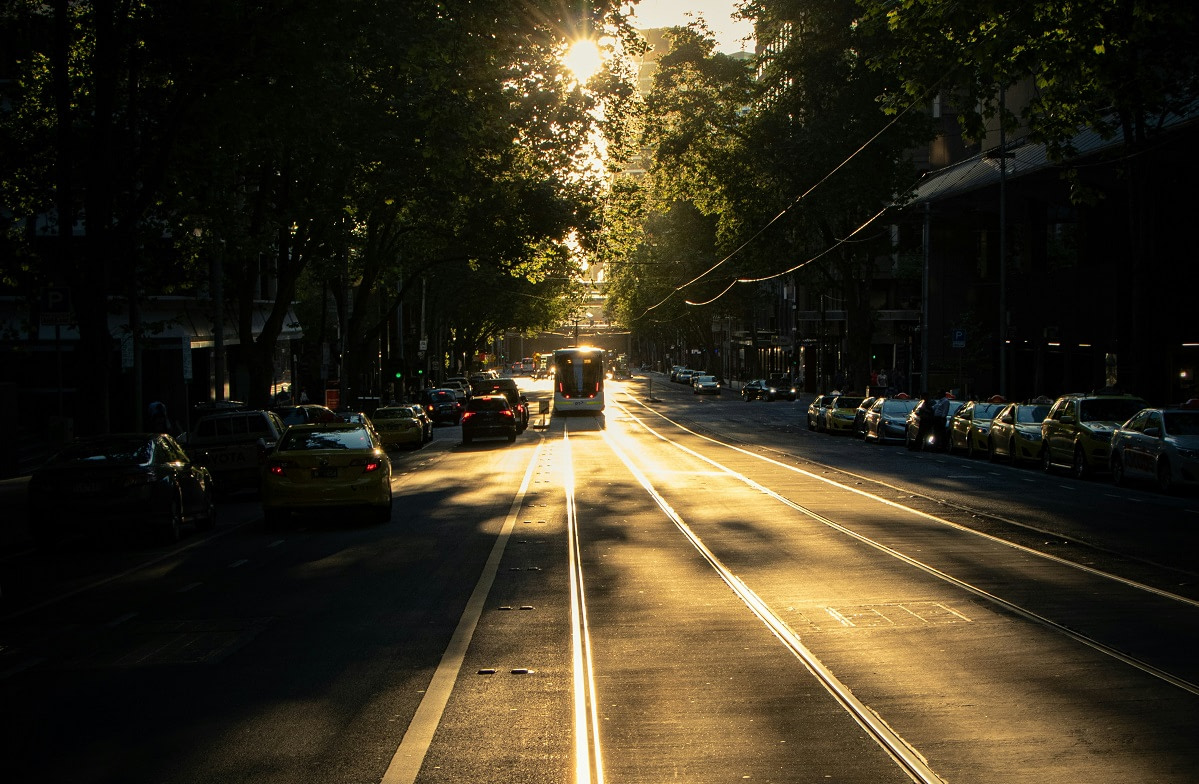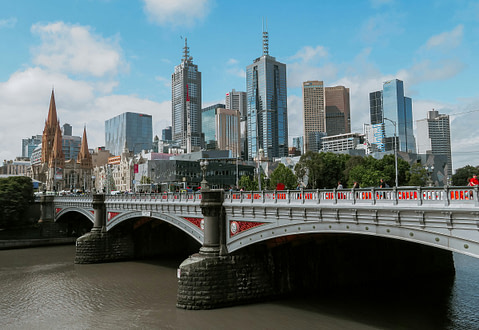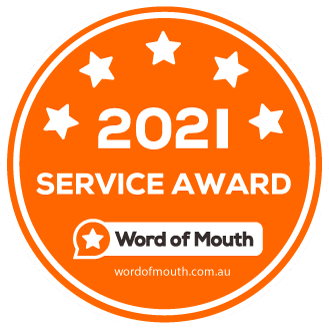Last Updated on January 29, 2024 by Vlad Stoikovich
You already planned your move with HomeMove, but you still have a few doubts about moving to Melbourne because you need to learn more about the costs of living there. In this guide, we explore several facets of Melbourne’s cost of living, providing information and advice to help locals and others thinking about relocating to this energetic city.
Melbourne, Victoria, promises a vibrant and diverse urban experience, but like any major city, it comes with its considerations, especially regarding the cost of living. Melbourne, which has a thriving arts scene, delicious food, and a diverse cultural landscape, is regularly ranked as one of the most livable cities in the world. For locals and prospective newcomers, navigating the financial elements is essential.
The cost of living in Melbourne comprises many different things, such as housing, grocery shopping, transportation, and recreational activities. Housing expenses, like rent or mortgage payments, impact the entire budget. The cost of transportation varies depending on the mode selected, such as driving, cycling, or public transport.
Depending on lifestyle choices and household size, grocery prices vary. Even though Melbourne has a wide range of food and entertainment alternatives, these add to the overall cost. Maintaining a pleasant and content existence in this vibrant metropolis requires understanding and controlling these expenses.
Is Melbourne, Victoria, an excellent place to live?
 Melbourne, Victoria, is one of the best places in the world to live, consistently earning accolades as one of the world’s most livable cities. Melbourne offers a dynamic and varied lifestyle and is renowned for its unique cultural tapestry, lively arts scene, and outstanding gastronomic offerings. Also, choosing the suburb that’s perfect for you in Melbourne, Australia, is not that easy. The city’s dedication to green spaces, parks, and well-planned urban areas improves the quality of life. With top-notch public services, healthcare, and education, Melbourne supports the growth and well-being of its citizens.
Melbourne, Victoria, is one of the best places in the world to live, consistently earning accolades as one of the world’s most livable cities. Melbourne offers a dynamic and varied lifestyle and is renowned for its unique cultural tapestry, lively arts scene, and outstanding gastronomic offerings. Also, choosing the suburb that’s perfect for you in Melbourne, Australia, is not that easy. The city’s dedication to green spaces, parks, and well-planned urban areas improves the quality of life. With top-notch public services, healthcare, and education, Melbourne supports the growth and well-being of its citizens.
Cost of Living
Compared to other Australian cities, Melbourne has a comparatively high cost of living. Housing, transportation, and recreational costs are all included in the expenses. Even though the high earnings frequently match the high prices, maintaining a decent standard of living in this vibrant city with a diverse population requires careful budgeting. Melbourne now ranks 71st in the world for cost of living, according to Mercer’s 2023 Cost of Living City Ranking. Without rent, the projected monthly expenses for an individual are 1,748.5 A$. Australia has an average cost of living that is 1.7% less than the US.
Utilities
The cost of utilities depends on the size of the home, the particular needs, and the service provider chosen. Across all Australian states, electricity is consistently the most expensive utility. Gas is still more affordable than electricity, even if it is a little more costly in Victoria than in other states. Thankfully, since the National Broadband Network (NBN) was implemented, internet costs have been consistent across the country, ranging from $70 to $95 in various states.
Grocery Shopping
Thankfully, food costs don’t vary much between states, so everyday items like chicken breast or dinner combo meals are reasonably priced. The size of the household also affects the amount spent on groceries. A single-person home spends, on average, $408 a month on grocery shopping. This amount climbs to $584 for a two-person home; it goes even more to $724 for a four-person household. These estimates include cleaning materials, personal hygiene goods, and food items. You are probably wondering how much a loaf of bread costs in Australia. Well, a loaf of bread costs 3.31 A$, which is way cheaper than in the United States.
Housing Market
Melbourne’s vibrant real estate market offers various choices, from new construction to ancient suburbs. Although real estate costs vary, the city provides multiple housing options to accommodate different tastes. Over the past year, the price range of real estate has been $961,000 for houses and $510,000 for units.
Job Market
Melbourne has a strong job market that spans several industries. It offers chances in the financial, IT, healthcare, and creative sectors as Australia’s economic centre. The varied economy of the city draws professionals from around the world. Although there is competition for jobs, Melbourne’s booming employment market frequently offers opportunities for various talents and certifications.
Rent
The size, location, and kind of housing are only a few variables that might affect the average rent in Melbourne. Rents in the city centre are often higher than those in the suburbs. The low rental vacancy rate in Melbourne is reflected in the sharp rise in rentals. The typical weekly rent for residences in metropolitan Melbourne increased to $550 this year.
Transportation Costs
Depending on the mode of transportation selected, the cost of transportation in Melbourne can change. Many locals frequently use public transit, such as buses and trains. A Myki, required for public transit, can cost about $6. Depending on usage, this can be refilled. Fuel costs vary but generally align with national norms for people who choose to drive. The total vehicle cost also includes insurance premiums and registration fees. Those who enjoy riding bicycles may have to pay for bike gear and upkeep. Ultimately, commute requirements and personal choices determine how much transportation costs.
Pros and cons of living in Melbourne, Victoria

Melbourne, Victoria, offers advantages and disadvantages of its own.
Advantages:
- Diverse Housing Options: Melbourne offers a variety of housing options, including houses and units, to suit various needs and budgets.
- Public transit: Compared to some other large cities, commuting is more economical in this city due to its comprehensive public transit infrastructure.
- Plenty of Work Options: Melbourne’s booming economy provides several career options that could lead to a more significant income for living expenses.
- Access to High-Quality Healthcare: The city offers first-rate medical facilities, which raises the standard of living.
Disadvantages:
- Expensive Housing Costs: Although varied, housing can be costly, particularly in populated suburbs or the city core.
- Transportation Costs: Even with a robust public transportation network, transportation expenses can increase, especially for people living in outlying areas.
- General Cost of Living: Compared to other Australian cities, Melbourne’s total cost of living—including grocery shopping and recreational expenses—can be comparatively high.
- Utility Costs: Gas and electricity can be expensive, which affects many people’s monthly budgets.
Although moving to Melbourne with the help of HomeMove services can provide an exciting metropolitan experience, potential residents must consider the city’s cost of living. While there are benefits to having access to healthcare and a broad employment market, it’s essential to budget for expensive housing, transportation, and general living expenses. Many may find that Melbourne’s dynamic culture and economic prospects outweigh these difficulties.
Careful budgeting, scouting out potential suburban areas, and contemplating lifestyle modifications can enable newcomers to reap the rewards of the city while skillfully handling the financial side of things. To sum up, relocating to Melbourne necessitates a calculated strategy to balance the desired lifestyle with the economic reality of this international Australian city.

Vlad Stoikovich is the General Manager of HomeMove, with more than twenty years in the Melbourne removalist industry, you won’t find anyone with more experience or greater integrity.






